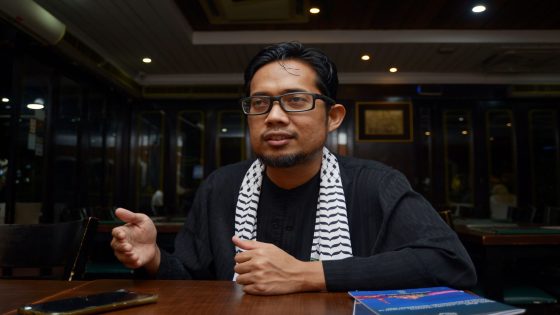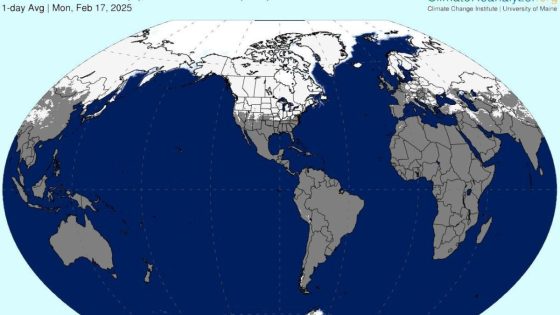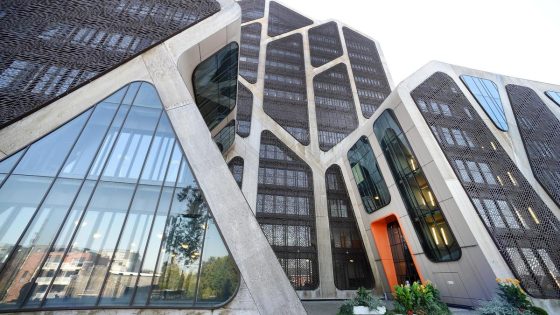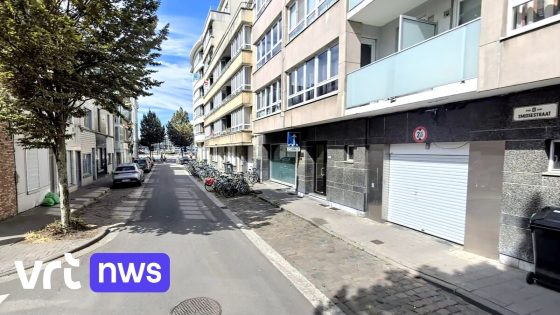On February 13, 2025, Malaysia‘s legal landscape faces a significant shift as the Attorney General parts ways with the prosecution team and the Malaysian Anti-Corruption Commission (SPRM). This unexpected move raises questions about the future of anti-corruption efforts in the country. Will this change impact the fight against corruption?
- Separation of Attorney General from prosecutors
- Anwar's anti-corruption stance questioned
- SPRM enhances investigations for CPI ranking
- Drastic institutional reforms needed for corruption
- SPRM intensifies anti-corruption efforts for CPI
- Collaboration to improve Malaysia's CPI position
What Does the Attorney General’s Departure Mean for Malaysia’s Anti-Corruption Efforts?
This separation raises concerns about the continuity of anti-corruption initiatives. How will this impact public trust in the legal system? With ongoing scrutiny over corruption, the need for a robust response is more crucial than ever.
SPRM’s Role in Strengthening Malaysia’s Position in Global Corruption Rankings
The SPRM is tasked with enhancing its investigations and collaborations to improve Malaysia’s ranking in the Corruption Perceptions Index (CPI). This is vital for restoring confidence among investors and the public alike.
Key Strategies for Combating Corruption in Malaysia
To effectively tackle corruption, several strategies must be prioritized:
- Strengthening legal frameworks to ensure accountability.
- Enhancing transparency in government operations.
- Increasing public awareness about corruption issues.
- Encouraging international cooperation in anti-corruption efforts.
The Importance of Institutional Reform in Malaysia
To achieve meaningful progress, drastic institutional reforms are necessary. This includes revising policies that allow corruption to thrive and ensuring that law enforcement agencies operate independently and effectively.
Public Response and Future Implications
The public’s reaction to these changes will be crucial. Citizens are increasingly demanding accountability and transparency. Will the government respond adequately to these calls for reform? The effectiveness of future anti-corruption measures will depend on the government’s commitment to addressing public concerns.
In conclusion, the recent separation of the Attorney General from the prosecution team and SPRM marks a critical juncture in Malaysia’s fight against corruption. The outcome of this change will be closely watched, both locally and internationally, as it could redefine the nation’s approach to governance and integrity.
































